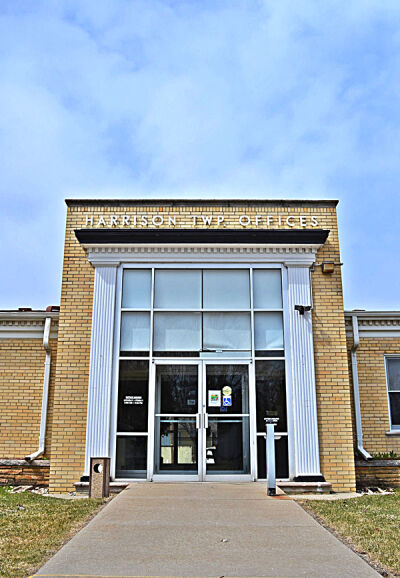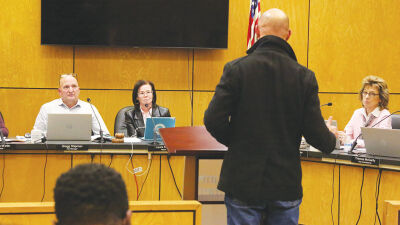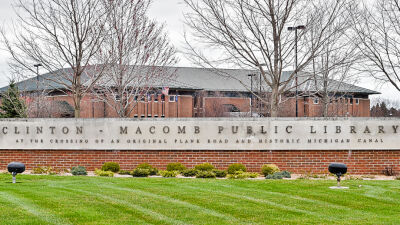HARRISON TOWNSHIP — The Harrison Township Board of Trustees accepted and filed its 2021 audit report at its June 27 meeting.
Carried out by UHY LLP, the audit was given an “unmodified opinion” by the auditing firm, the highest satisfactory statement a firm can give an audit. The township had $26,897,066 in revenues and $22,293,250 in expenses, leaving the township with a net balance of $4,603,816.
Paul Bailey and Tammy Pitzer of UHY helped guide the board through a truncated version of the audit report.
One notable item from the audit was a deficit in the Special Assessments Revolving Fund of $1,233,054. The presence of a deficit required the board to pass a plan to eliminate said deficit, which occurred with a unanimous 5-0 vote. Trustees Paula Rose and Dean Olgiati were absent.
“As required under the state law, we have to adopt a deficit elimination plan by resolution to show that this board is aware of the deficit and that we have a plan for correction,” Township Clerk Adam Witt said. “What (the plan) lays out is saying, over the next 10 years, we expect to collect ‘X’ amount of special assessments every year, and eventually, we’ll have paid it off because that’s the way special assessments work.”
The plan estimates that $185,454 will be collected in 2022 and the collections will decrease over the decade, though Witt speculated that the deficit will be resolved sooner due to special assessments being paid off before their deadline.
“(The deficit) is not the result of something that is in error or something that was done improperly,” Supervisor Kenneth Verkest said. “In essence, we’ve incurred debt because we self-financed SADs (special assessment districts).”
Sidewalk Maintenance Ordinance
On June 27, the board unanimously approved the first reading of a sidewalk maintenance ordinance, which requires property owners to maintain the sidewalks on a public right of way contiguous to the owner’s property. This means property owners will have to keep the sidewalks on their property free of debris, vegetation, snow, fallen and overhanging tree limbs, and other obstacles and line-of-sight obstructions, as well as ensure that the sidewalks are maintained.
If a failure to maintain a sidewalk is noticed, property owners will have 60 days to resolve the issue or face increased taxes until the issue is resolved.
Trustee Brian Batkins expressed concern with putting the responsibility of some sidewalks in their current state on the property owners, explaining that there would be property owners already in the 60-day period upon the ordinance going into effect. Batkins stated the township has some responsibility for the sidewalks, though Verkest disputed this on grounds that no formal sidewalk agreement had been in place.
“Have we repaired sidewalks in the past? Yes,” Verkest said. “Have we repaired every broken sidewalk? No.”
Verkest also said no millage had been passed to cover regular sidewalk repairs, which would typically be covered as budget line items.
The second reading is likely to occur later in July.
GLWA Renegotiation
The board unanimously also approved its contract with the Great Lakes Water Authority to allow for more flexibility in determining rates starting in 2023.
The GLWA planned on increasing the township’s peak-hour maximum flow rate — therefore increasing the cost of water services — while the township argued it could utilize better water controls to decrease the peak hour maximum flow rate.
The new agreement is that the township will have a peak hour maximum flow rate of 5.09 millions of gallons per day, though it will be able to pay for a lower rate if its water usage improves.
 Publication select ▼
Publication select ▼



























